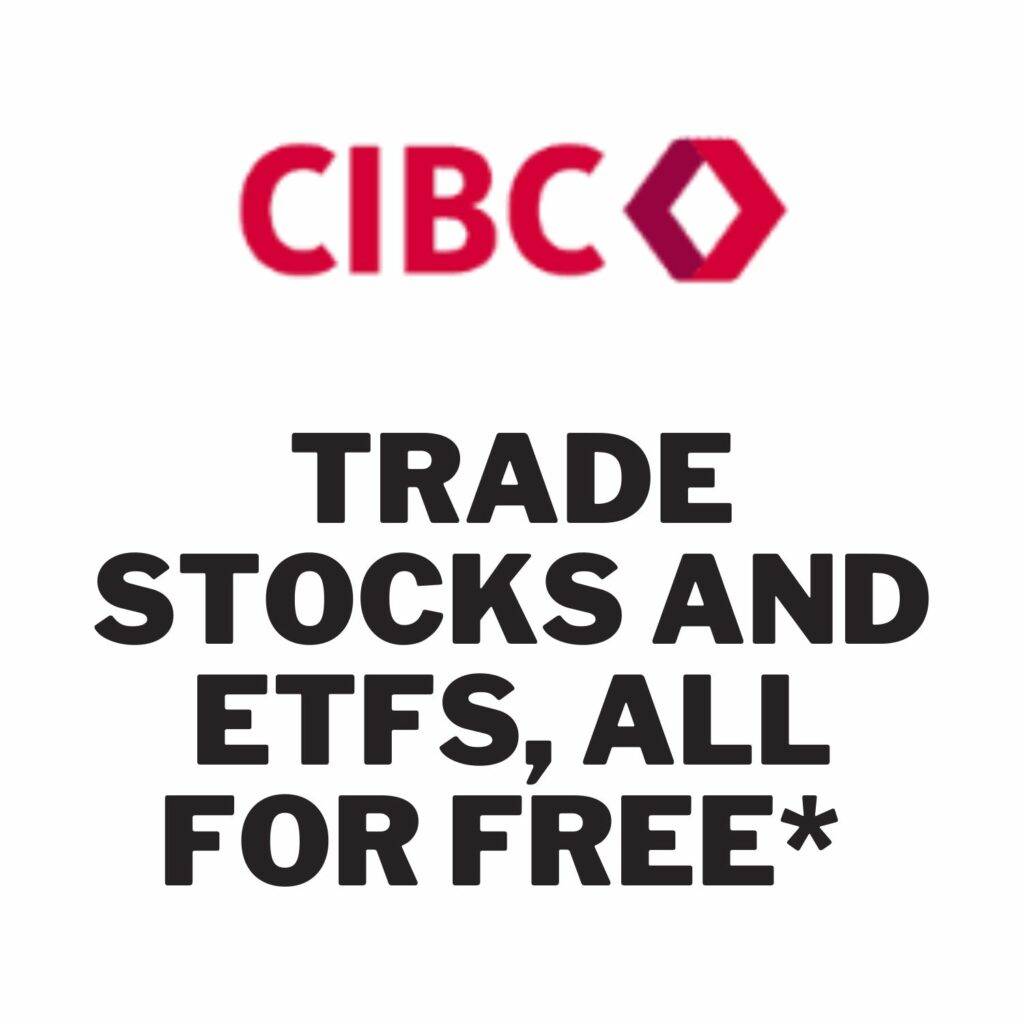Small-cap ETFs offer a compelling opportunity for Canadian investors seeking to diversify and energize their portfolios. For those willing to accept some additional risk in pursuit of greater growth potential than large-caps, here’s a breakdown of the best small-cap focused ETFs available in Canada.

Executive summary

What is a Small-Cap?
Before we dive into ETFs, let’s understand what a small-cap is. Simply put, these are companies with a smaller market capitalization (the total price of all their shares) compared to well-established, large corporations. Small-caps might represent growing companies, innovative niche industries, or businesses based in emerging markets.
Why Invest in Small-Cap ETFs?
Small-cap ETFs offer savvy investors the chance to tap into the exciting growth potential and unique benefits that smaller companies provide. Here’s why you should consider adding them to your portfolio:
Unlock Higher Growth: Small-cap companies often have more room for rapid expansion compared to their well-established, large-cap counterparts. This translates into the potential for greater returns on your investment.
Diversify and Mitigate Risk: By investing in an ETF focused on small-caps, you spread your investments across a wider range of companies. This diversification helps reduce the impact of any single stock or sector underperforming.
Gain Exposure to the Future: Many innovative and disruptive companies start out as small-caps. Small-cap ETFs give you the chance to invest in emerging industries like cutting-edge technology, medical breakthroughs, and other sectors poised for substantial growth.
Key Criteria for Selecting Small-Cap ETFs:
Choosing the right small-cap ETF goes beyond simply finding companies with room to grow. To maximize your returns and ensure a smooth investment experience, pay careful attention to these crucial factors:
Expense Ratio: The Price of Management Even small fees add up over time, directly impacting your profits. Actively seek out small-cap ETFs with low expense ratios. A small difference in fees can make a big difference to your bottom line in the long run.
Assets Under Management (AUM): A Measure of Liquidity A large AUM generally means the ETF has a high trading volume. This increased liquidity makes it easier to buy and sell shares quickly and efficiently, which is especially important in the small-cap market.
Index Strategy: The Roadmap for Your Investment Before you invest, understand the specific index the small-cap ETF tracks. Are you focused on a specific country like Canada or the US? Do you want a broad market focus or something targeting a specific sector? Make sure the ETF’s strategy aligns with your investment goals.
Top Small-Cap ETFs in Canada
[stock_market_widget type=”table-quotes” template=”color-header-border” color=”#5679FF” assets=”XSU.TO,XCS.TO,ZSML.TO,FCGS-U.NE,FCGS.NE” fields=”symbol,name,net_assets” display_header=”true” display_chart=”false” search=”false” pagination=”false” scroll=”false” rows_per_page=”5″ sort_direction=”asc” alignment=”left” realtime=”true” api=”yahoo-finance”]
Historical performance
[stock_market_widget type=”table-quotes” template=”color-header-border” color=”#5679FF” assets=”XSU.TO,XCS.TO,ZSML.TO,FCGS-U.NE,FCGS.NE” fields=”symbol,ytd_return,three_year_average_return,five_year_average_return” display_header=”true” display_chart=”false” search=”false” pagination=”false” scroll=”false” rows_per_page=”5″ sort_direction=”asc” alignment=”left” realtime=”true” api=”yahoo-finance”]

XSU – iShares U.S. Small Cap Index ETF
This ETF provides investors with broad exposure to a vast range of smaller U.S. companies. Its competitive expense ratio ensures your investment dollars go further, maximizing potential returns. The focus on the U.S. small-cap market allows investors to tap into the growth potential of smaller, more dynamic companies within the United States.
XCS – iShares S&P/TSX SmallCap Index ETF
XCS focuses on smaller companies within the Canadian market. This focus on the domestic market makes it a great choice for investors seeking diversification within Canada’s borders. By investing in Canadian small-caps, investors have the chance to participate in the growth of innovative and emerging companies within their own market.
ZSML – BMO S&P U.S. Small Cap Index ETF
ZSML is a cost-effective way to participate in the U.S. small-cap market, boasting one of the lowest expense ratios in its category. This low-cost structure means more of your investment works for you. Additionally, ZSML offers good liquidity, making it easy to buy and sell shares on the market, allowing for flexibility within your portfolio.
FCGS.U / FCGSF – Fidelity Global Small Cap Opportunities Fund
This exchange-traded fund offers investors a unique opportunity to invest in small-cap companies from around the world. Its global focus provides diversification across various international markets. The fund’s active management strategy means a professional fund manager aims to outperform its benchmark index, potentially leading to higher returns for investors.
Choosing the Best ETF for You
Choosing the Best ETF for You
With several excellent small-cap ETFs available, finding the right match comes down to your personal financial goals and preferences. Here are the key factors to consider:
Your Risk Tolerance: Your appetite for risk is crucial in selecting a small-cap ETF. If you prioritize stability and security, focusing on the Canadian market with XCS might be a better fit. However, if you’re comfortable with some additional volatility in exchange for potentially higher returns, the U.S.-focused options (XSU or ZSML) could be more appealing.
Your Investment Horizon: Small-cap stocks often have the most potential for growth over longer periods. If you’re investing with a multi-year or even multi-decade timeframe in mind, the added volatility of small-caps can smooth out, potentially leading to substantial returns. Short-term investors might find large-cap ETFs more suitable.
The Importance of Fees: Every dollar paid in fees reduces your overall returns. Over time, even small differences in expense ratios can make a significant impact on your portfolio’s growth. Prioritize ETFs with low fees, like ZSML, to maximize the potential of your investment.

Final Word
Adding small-cap ETFs to your portfolio can provide excellent diversification and growth opportunities. Thoroughly research, assess your risk tolerance, and select the ETF that aligns best with your financial goals.
Let me know if you have further questions or would like an in-depth analysis of any specific ETF!

